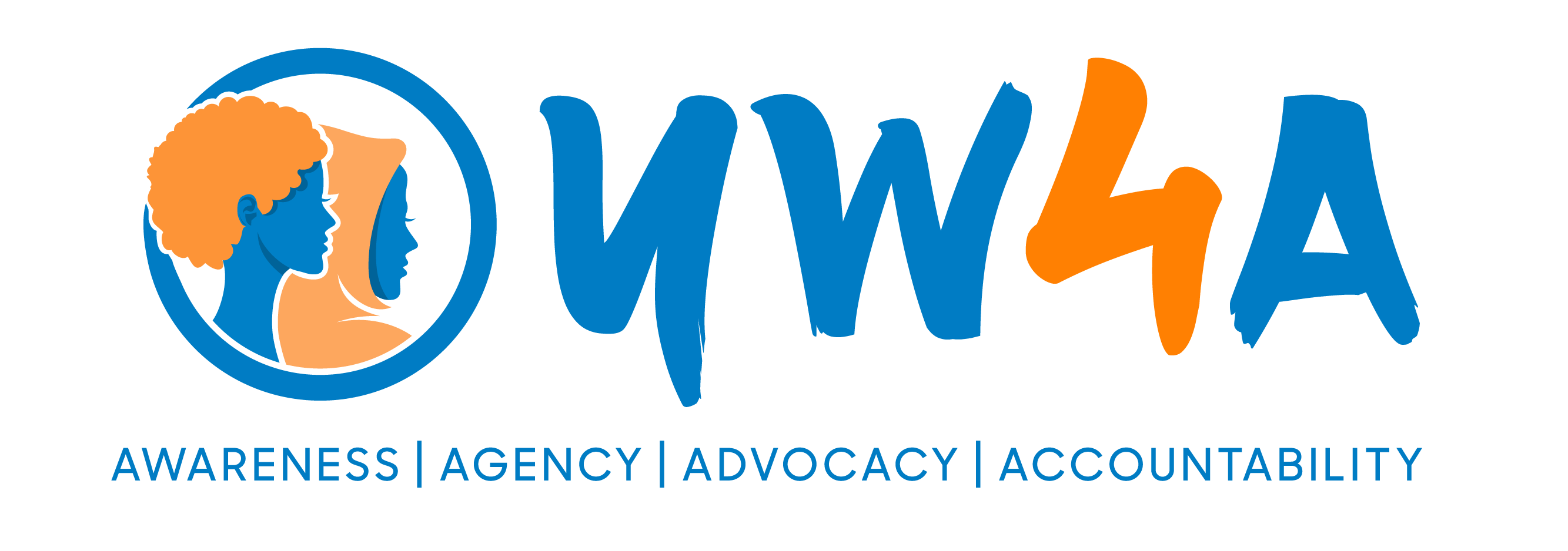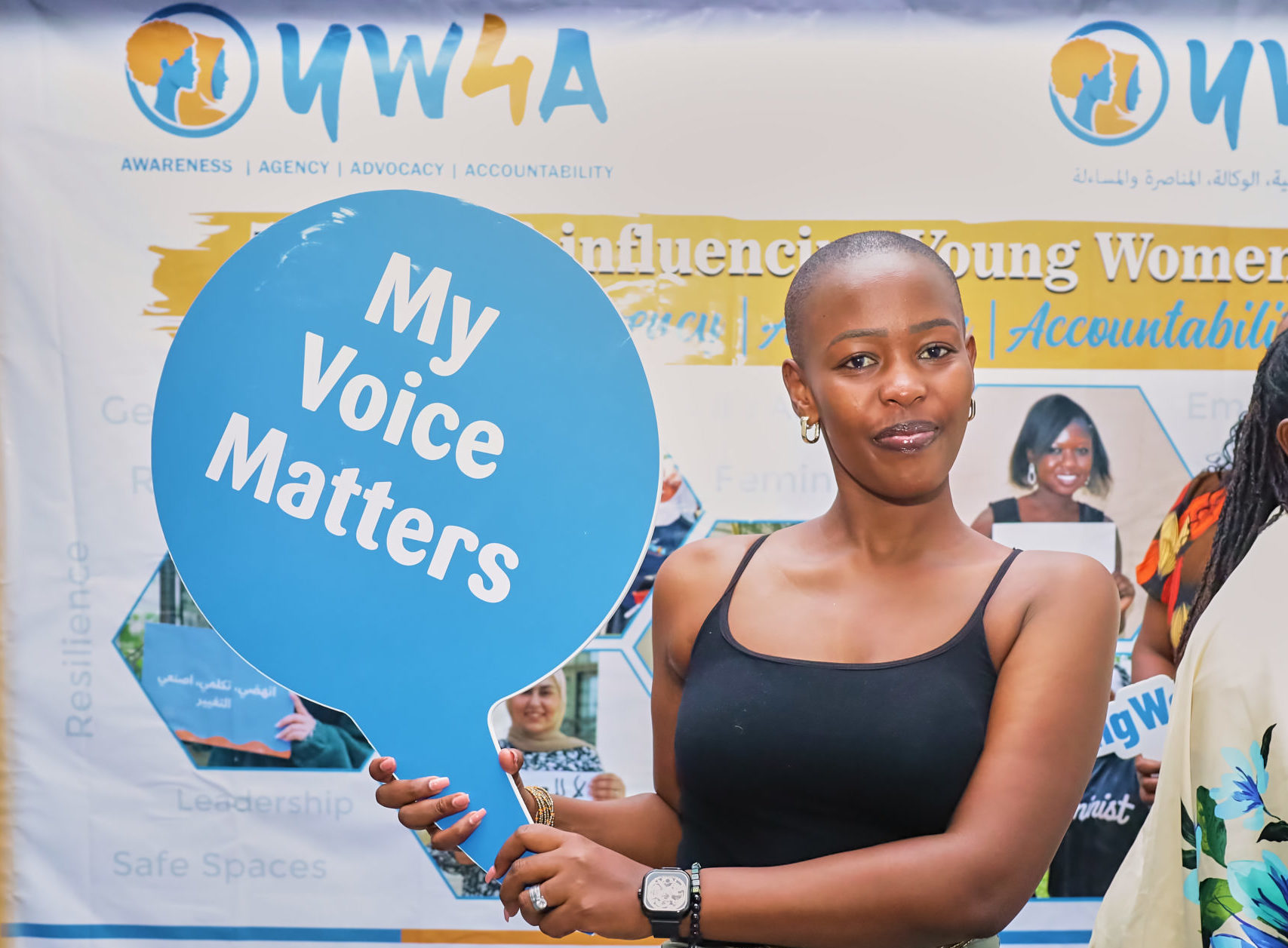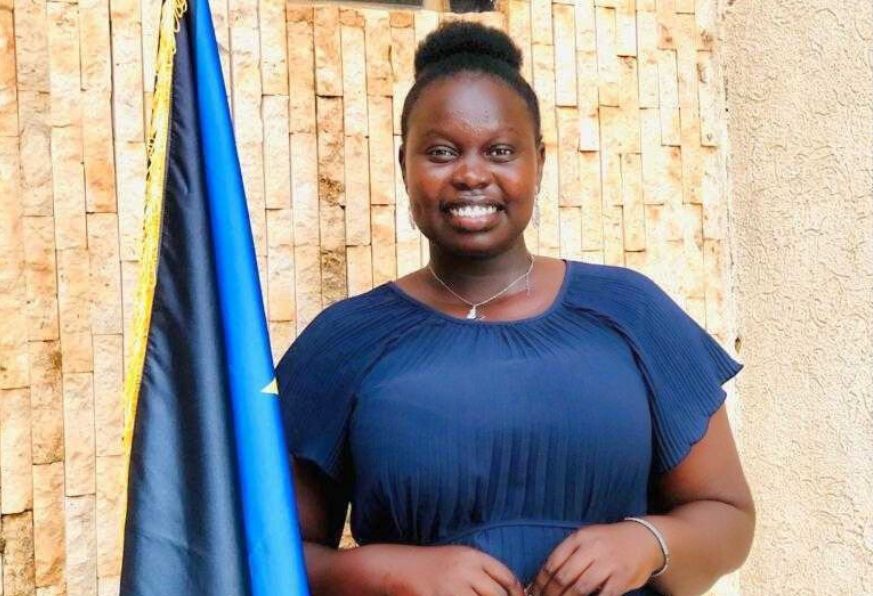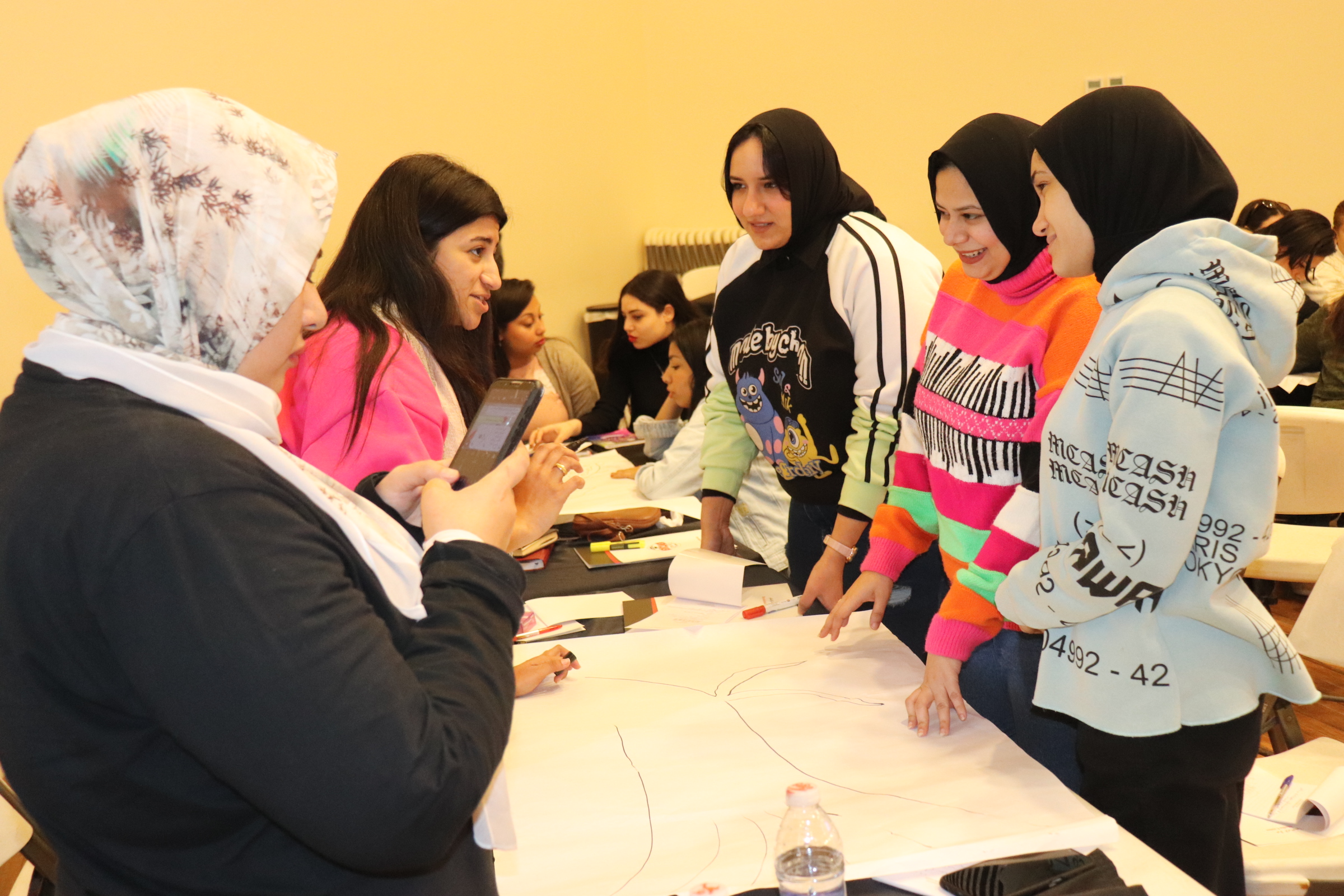At a critical roundtable discussion under YW4A in South Sudan, participants opened up about their lived experiences of sexual and gender-based violence (SGBV) and harmful social norms. Their stories were powerful reminders of the barriers young women and girls face and the opportunities for change when communities engage honestly and work together.
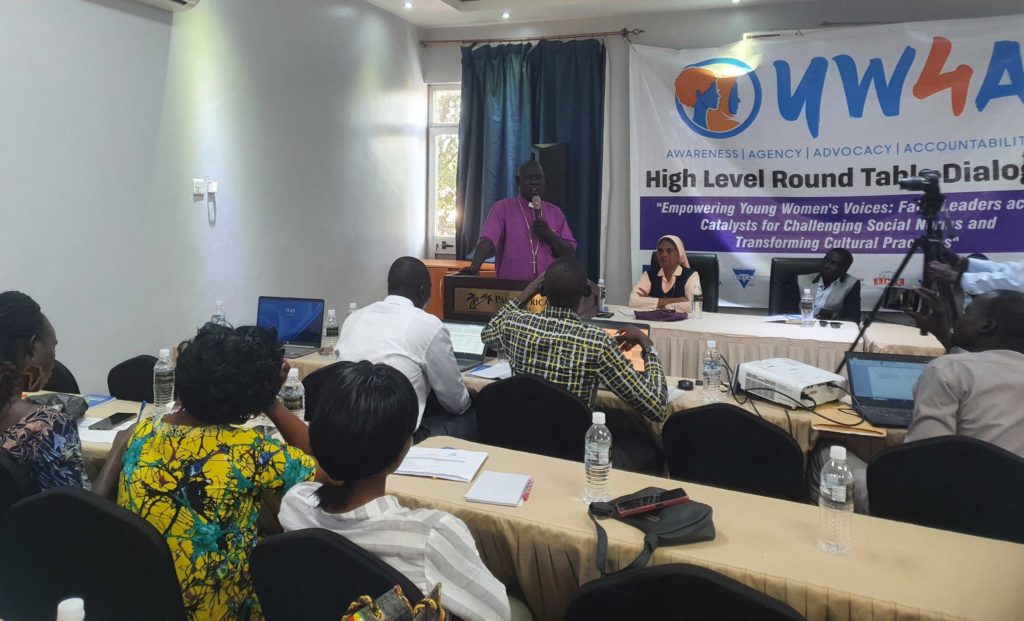
- Community traditions: Not all harmful, but caution needed
One participant shared a story of a husband and wife who clashed over family issues in her neighbourhood. In line with Dinka tradition, the conflict was not left to the couple alone. Instead, it was taken to the husband’s in-laws, who gathered both sides and mediated a resolution. This communal approach helped to calm tensions and restore peace within the household.
The story highlighted a critical nuance that not all cultural practices are harmful. Traditions of mediation and dialogue, like this one, can create space for peaceful resolution and accountability. At the same time, such practices need to be approached with care, as they can sometimes be misused to minimise or excuse violence. For advocacy and programming, the lesson is to build on positive traditions that encourage dialogue and harmony, while actively challenging those that entrench harm or silence survivors. There is a need to differentiate between protective traditions and those perpetuating violence, working with communities to strengthen the positive.
- Faith leaders are stepping forward
Imam Refat from the South Sudan Islamic Council was among the most striking voices in the discussion. He spoke about his experience of being approached during the war in Sudan to help resolve a sensitive case of abuse within a family. Instead of dismissing it as a private matter, Imam Refat chose to act. Using faith teachings, proverbs, and dialogue, he worked alongside a fellow Imam to ensure the harm was acknowledged and addressed with accountability.
For him, this was not just about resolving one case. It was about demonstrating that faith, when understood in its fullness, upholds the dignity and rights of women. Noting that the Quran itself makes clear that women’s rights are not to be violated, he shared,
“I am very happy to be among the men who advocate for women’s rights in South Sudan.”
He also posed a challenge to his peers: why, in South Sudan, are women still excluded from decision-making in mosques and churches when in other parts of the world, faith institutions have already opened doors for women’s participation?
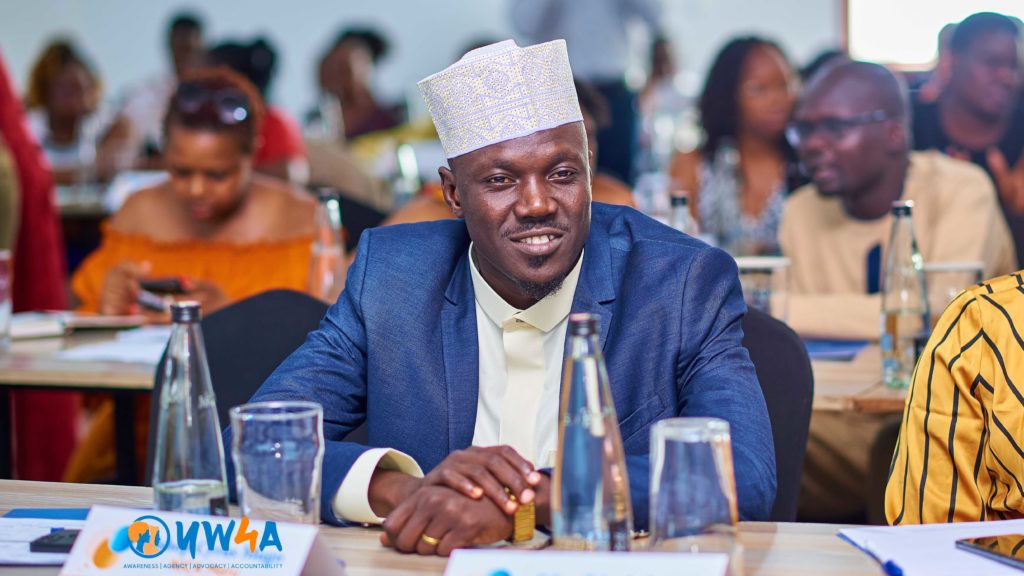
Imam Refat’s story shows how decisive faith leadership can be in shifting harmful norms. By speaking openly and taking action, he brings credibility and moral authority to the fight for justice. It is clear that when faith leaders step forward as allies, they can open space for conversations and changes that would otherwise be difficult to achieve.
- Everyday struggles of girls and women have spurred action
Deborah Simon, a 28-year-old mother of three living in Juba, shared her personal struggle with intimate partner violence. Despite pressure from her husband to withdraw from community activities, she continued to engage, believing in the importance of contributing beyond the household. This decision came at a cost: her husband’s abuse escalated to the point where she required hospitalisation.
While her in-laws and wider family failed to act, Deborah’s sisters and peers urged her to seek justice. Her story is a painful reminder that gender-based violence is not only a private crisis but a community responsibility.
As Elizabeth Liz, a young woman leader and coordinator under YW4A, reflected:
“GBV issues are real sisters and brothers and we need to work hard to overcome them in Jesus’ name.”
- Young men are stepping up
One of the most powerful testimonies came from Friday, a young man from Northern Bahr el Ghazal. As a teenager, he joined a group of boys tasked with eloping a young on behalf of an older man who wanted to force her into marriage. Friday admitted that at first, he went along, even holding the keys to the house where the girl was being kept. When Friday told his mother what had happened, she challenged him to think about his actions and his faith. Her words stayed with him. Later that night, he unlocked the door and urged the girl to escape and protect her future.
The young women was able to return to school and later married someone of her choice. For Friday, this turning point became a moment of reflection: he realised how harmful practices often hide behind the guise of tradition and peer pressure. By choosing to act differently, he protected her future and reclaimed his own sense of faith and responsibility.
Friday’s decision to free the young woman reminds us of young men’s influence on their families and communities. With space to reflect and the courage to act differently, they can stop harmful practices before they cause lasting damage. For programming, this means treating the engagement of men and boys as central to ending harmful norms, not as an afterthought.
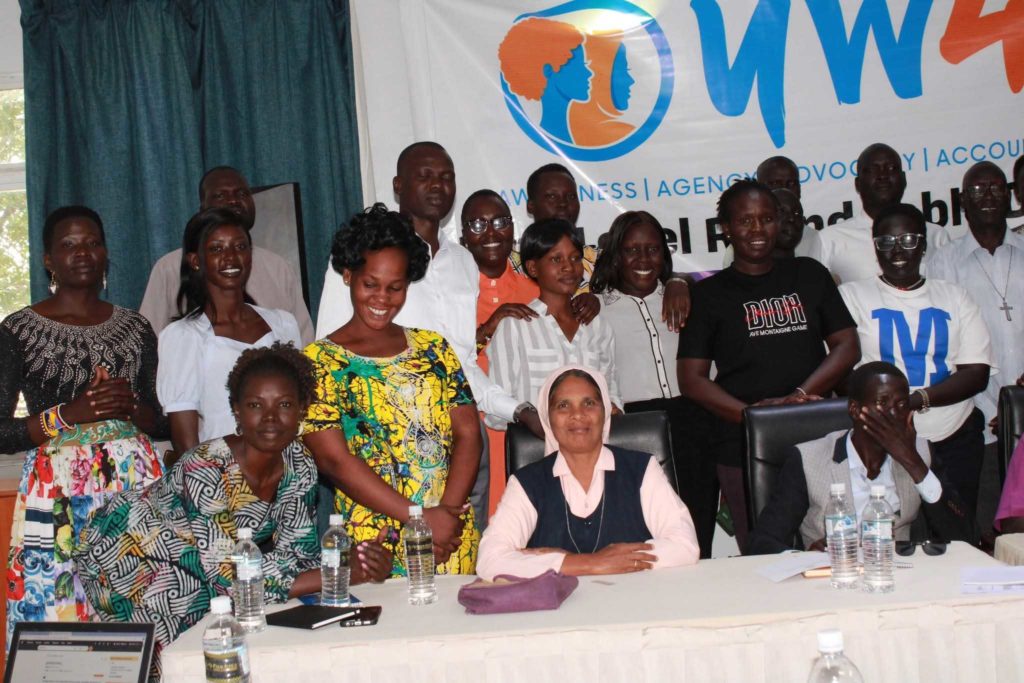
- Lessons for advocacy and programming
The stories shared in South Sudan carried important lessons. They showed that culture can be a source of protection when positive traditions are strengthened and a risk when harmful practices go unchallenged. They highlighted the influence of faith leaders, whose authority can shift attitudes when they have the tools and confidence to speak up. They reminded us that change must begin at home, where many young women face inequality first. They also made it clear that men and boys have a role to play, not on the sidelines, but as allies who can stop harmful practices within their communities.
Advocacy is strongest when it grows out of these real experiences. YW4A continues to create spaces where voices are heard and lived realities guide action because lasting change must be community-driven, inclusive, and rooted in the people most affected.
